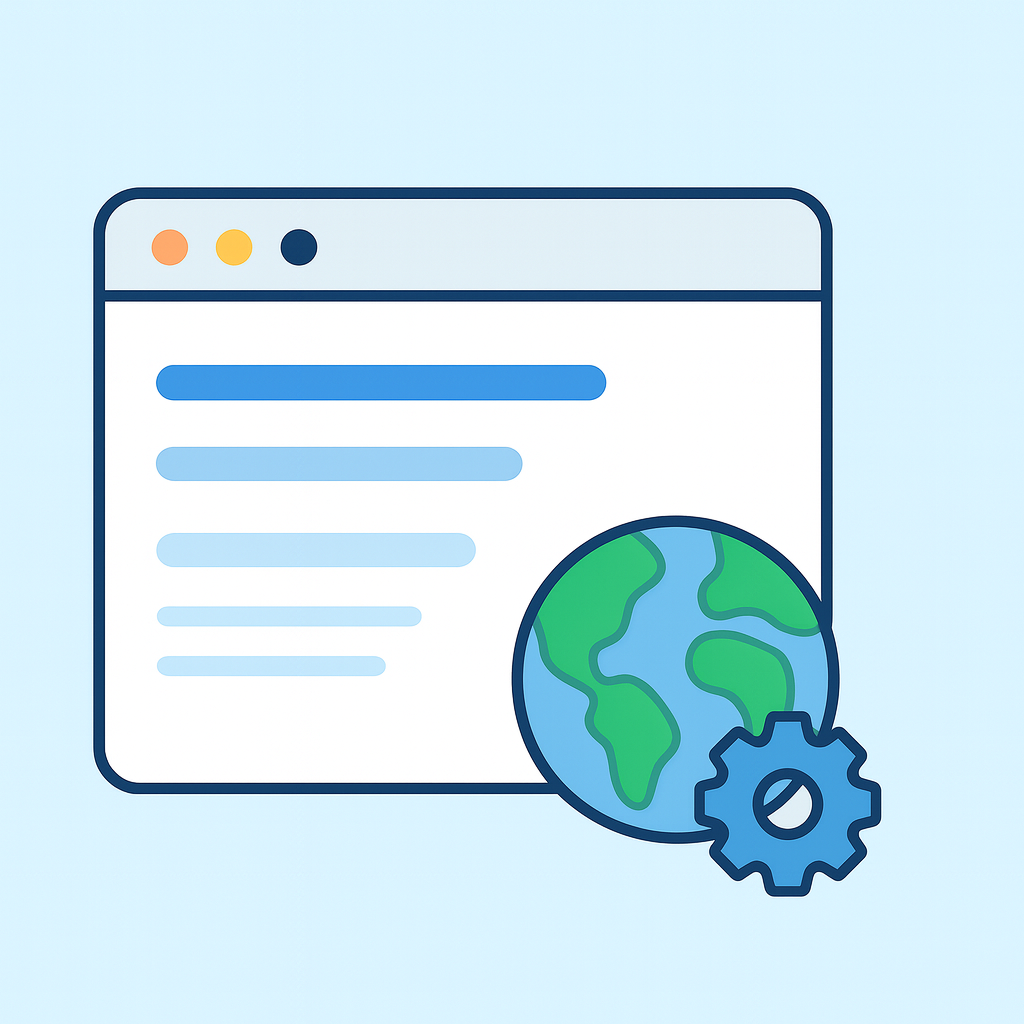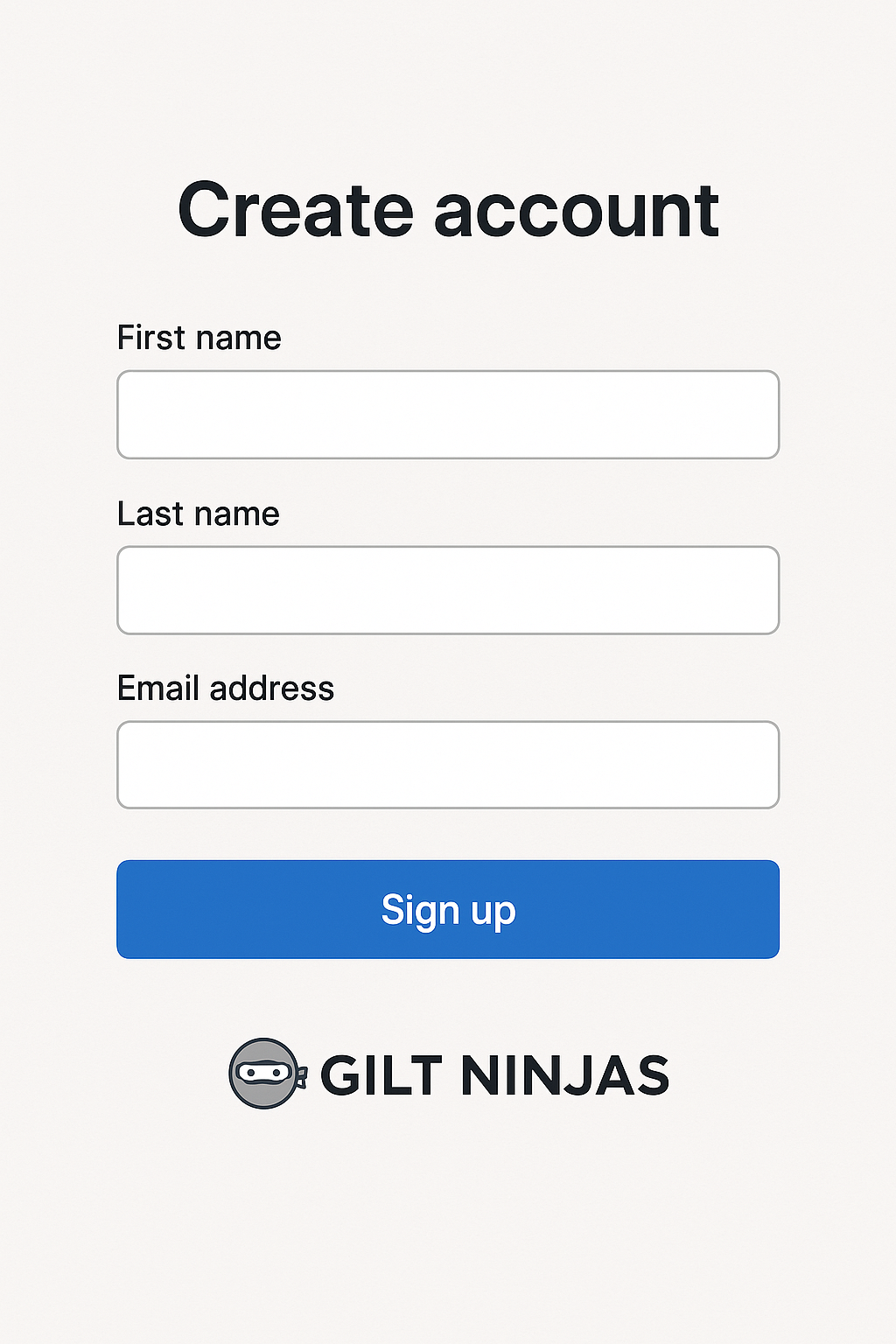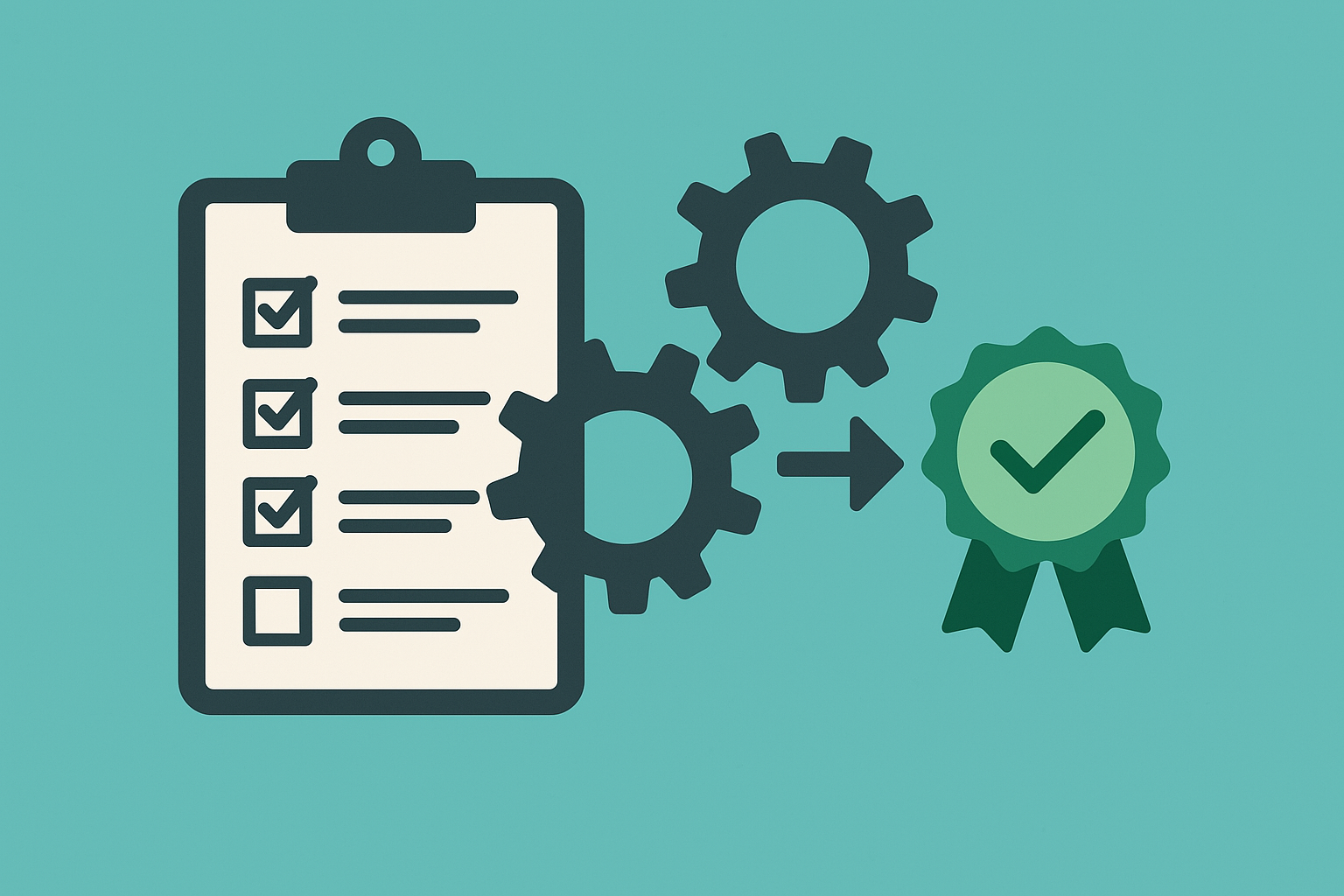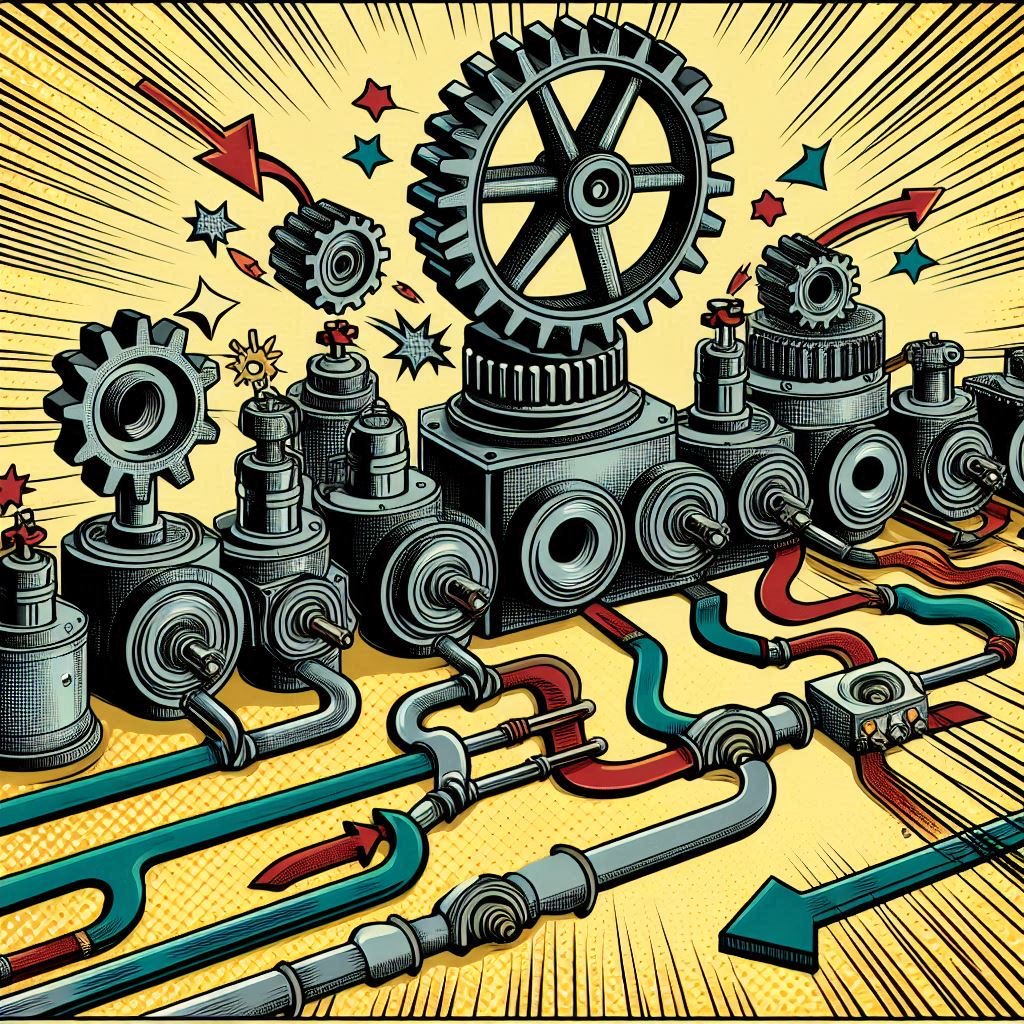Category: Engineers
-

How to start your product’s global journey
With the rise of large language models (LLMs) and their so well known translation capabilities, one big question keeps popping up: Do you still need a computer assisted translation (CAT) tool to take your product global?
-

Payment localization – yes, it’s a thing!
When we talk about localization most people think of words, buttons and maybe a date format or two. But when it comes to global products nothing gets more personal – or more complicated – than money.
-

What’s in a name?
At GILT Ninjas, we’ve covered many complex topics over time. But there’s one seemingly simple concept we haven’t touched on, and it’s one of the most overlooked (and surprisingly tough) challenges for companies expanding globally: how to handle names.
-

SMS for your global audience
One of the most overlooked areas in global communication is the technical limitations of reaching a worldwide audience, and SMS is one of the least understood.
-

How to generate a first-class resource file: usage of variables in strings
I’ve been revisiting our How to generate a first-class resource file series, and realized we missed one key piece, one of the most common and problematic scenarios when delivering localized content: broken strings caused by poorly handled variables.
-

Using LLMs to review source content before translation
One of the biggest challenges in localization is dealing with ambiguous or incorrect source content. Because of the automation pipelines many companies use, content is often sent for translation the moment it’s detected – whether it’s ready or not.
-

Sorting, translating, and formatting lists: best practices for global usability
When developing products for global audiences, small details can have a significant impact on usability. One area often overlooked in localization is how lists are sorted and formatted.
-

Automating translations using Json scripts
One of the biggest advantages of Large Language Models (LLMs) is their ability to translate content while considering its context. Today, I’m sharing how to automate the translation process using OpenAI and a simple JSON script.
-

LQA importance + issue categorization
In a previous post, we discussed LQA testing and the different approaches teams can take to cover it. However, we didn’t touch upon its importance or the categorization of issues. Let’s talk about it!
-

Visual testing – a new approach to LQA?
In today’s post, I want to focus on one of the most expensive areas of the localization process that ensures the quality delivered to our end users: linguistic quality assurance (LQA).